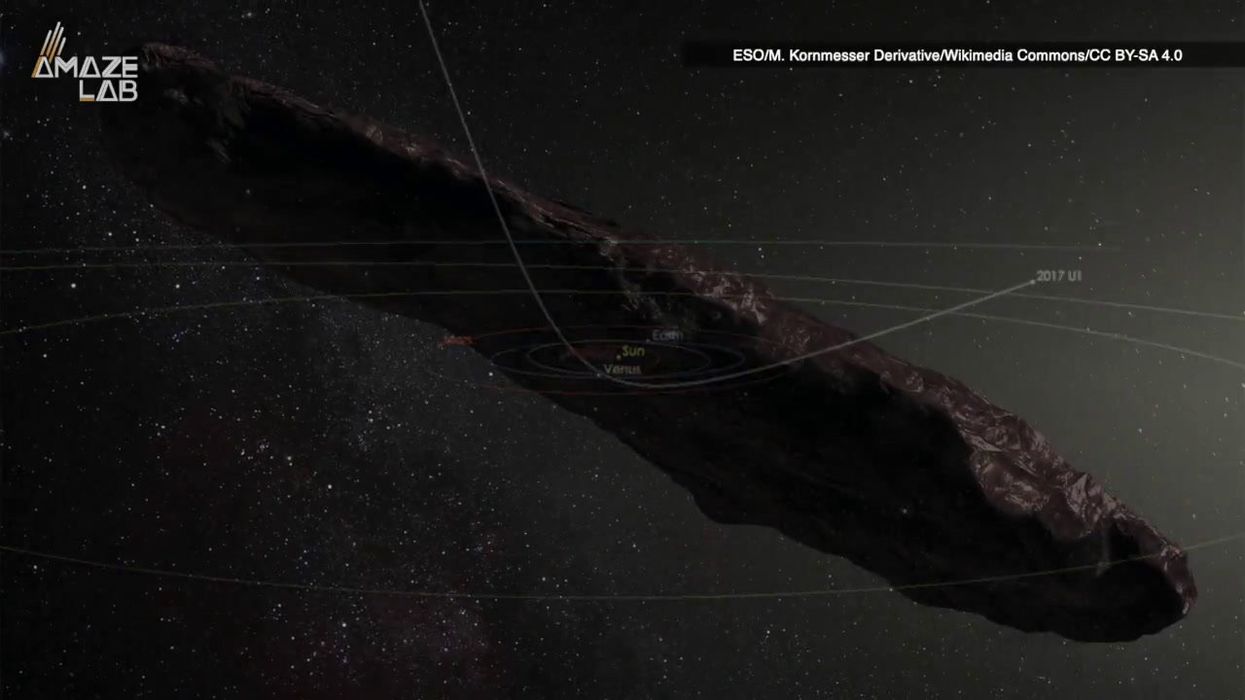Ellie Abraham
Oct 09, 2023
There Might Be More Interstellar Objects Whizzing Around the Solar System Than …
ZMG - Amaze Lab / VideoElephant
The solar system is famously vast, but new data from scientists has revealed that it extends even further than once thought.
It is a discovery that was made thanks to distant objects that were spotted during a scan of telescope images. They appeared to show faint signs of rock located beyond Pluto, suggesting that the material of the solar system extends further into interstellar space than was previously believed.
The new method of looking at telescope images has dispelled decades of hypotheses from astronomers who believed that the Kuiper Belt, a circumstellar disc in the outer solar system, becomes suddenly more sparse from 48 times the distance between Earth and the Sun.
But, belts of rubble have now been seen extending out more than twice the distance experts previously thought.
The discovery was made by a team of astronomers who were led by Canada's Herzberg Astronomy and Astrophysics Research Centre who were on a mission to find new targets for the probe “New Horizons” to explore on its way through the outer reaches of the solar system.
With light at the end of the solar system in short supply, experts realised if they stacked multiple images taken at different times, they could combine the light to increase the visibility of an object, increasing its visibility.
Using machine learning to help them on their way, experts trained the system before testing it with real data captured from the Subaru Telescope on Mauna Kea in Hawaii.
In comparison to humans, the technology identified more than double the amount of Kuiper Belt Objects, revealing to experts just how vast the solar system is. They presented their findings at the 54th Lunar and Planetary Science Conference 2023.
While the team’s results have not yet been peer-reviewed, they appear to suggest that our solar system has a minimum of two rings of material stretching as far as the distance Pluto is from planet Earth.
Sign up to our free Indy100 weekly newsletter
Have your say in our news democracy. Click the upvote icon at the top of the page to help raise this article through the indy100 rankings.
Top 100
The Conversation (0)














